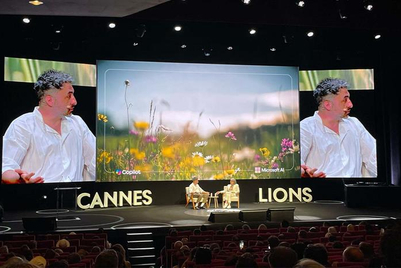
British cosmetics retailer Lush is leaving social media once more, in light of Facebook whistleblower Francis Haugen’s revelations.
The protest spans across Facebook, Instagram, TikTok and Snapchat, but falls short of Twitter and YouTube. However, the company has ceased asking its customers to interact with its content on those last two channels, saying there is no need to like or subscribe.
Lush said it will return once the platforms provide a “safer environment for their users”, according to a statement. The company is also hoping for strong best practice guidelines and for international regulation to be passed into law.
The policy will be upheld in the 48 countries in which Lush operates.
Lush previously attempted a social media absence on Facebook and Instagram in 2019 over worries about how much control third parties had on its interactions with customers.
Jack Constantine, chief digital officer and product inventor, said: “As an inventor of bath bombs, I pour all my efforts into creating products that help people switch off, relax and pay attention to their wellbeing. Social media platforms have become the antithesis of this aim, with algorithms designed to keep people scrolling and stop them from switching off and relaxing.”
Mark Constantine, Lush's co-founder, chief executive and product inventor, added: “I’ve spent all my life avoiding putting harmful ingredients in my products. There is now overwhelming evidence we are being put at risk when using social media. I’m not willing to expose my customers to this harm, so it’s time to take it out of the mix.
In September 2021, The Wall Street Journal published the first of The Facebook Files: A Wall Street Journal Investigation. Consisting of internal files leaked by whistleblower Haugen, the series of articles argued that Facebook was aware of the harm its algorithm could cause, such as fuelling misinformation, conspiracy theories and negatively affecting the mental health of teenagers.


.jpg&h=334&w=500&q=100&v=20250320&c=1)


.png&h=334&w=500&q=100&v=20250320&c=1)




.png&h=334&w=500&q=100&v=20250320&c=1)



.jpg&h=268&w=401&q=100&v=20250320&c=1)




